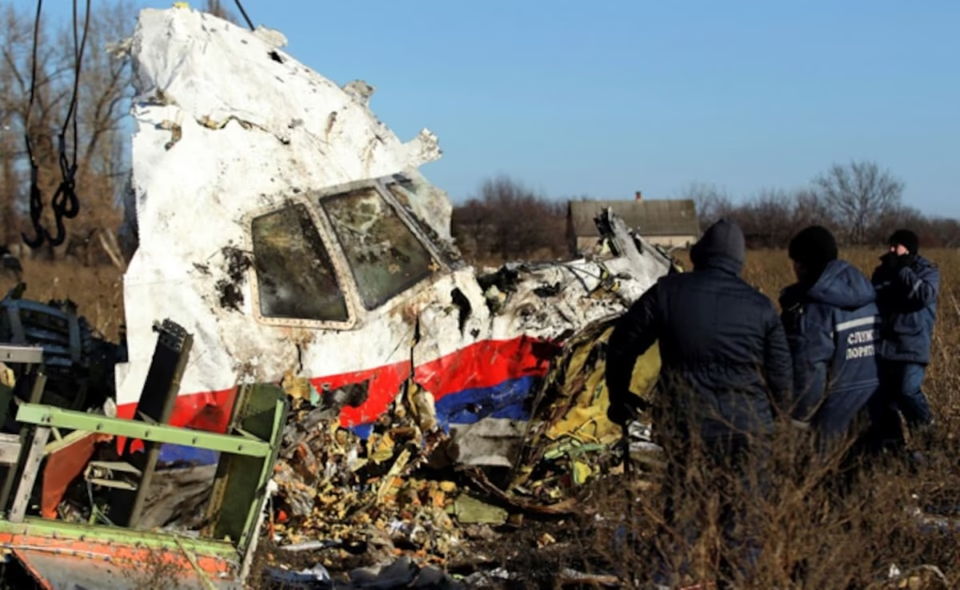On July 17, 2014, Malaysia Airlines flight MH17, en route from Amsterdam to Kuala Lumpur, was tragically shot down over eastern Ukraine, resulting in the loss of all 298 lives on board. The incident sent shockwaves globally, sparking widespread condemnation and demands for accountability. Years later, the United Nations’ International Civil Aviation Organization (ICAO) delivered a landmark ruling, holding Russia responsible for the downing of MH17.
An exhaustive international investigation, led by the Netherlands, Australia, and Ukraine, uncovered conclusive evidence linking Russia to the tragedy. The probe revealed that the plane was struck by a BUK missile system, transported from Russia’s 53rd Anti-Aircraft Missile Brigade. This egregious act constituted a blatant violation of international law, specifically Article 3 bis of the Convention on International Civil Aviation.
The ICAO Council’s determination that Russia failed to uphold its obligations under international air law marked a significant milestone in the pursuit of justice. By using weapons against a civilian aircraft in flight, Russia contravened fundamental principles of international law, demonstrating a callous disregard for human life.
The international community has rallied behind the victims’ families, demanding that Russia acknowledge its culpability and provide reparations. Australia and the Netherlands have taken the lead in calling for Russia to face up to its responsibility and negotiate compensation. The ICAO Council will discuss possible remedies, including legal redress, in the coming weeks.
The downing of MH17 was a heinous act that resulted in the loss of countless lives and inflicted immeasurable pain on the families of the victims. The ICAO’s ruling serves as a crucial step towards establishing truth and achieving accountability. As the international community continues to push for justice, it is imperative that Russia acknowledges its role in this tragedy and takes concrete steps towards making amends. Only through accountability and reparations can we hope to bring closure to the families of the victims and uphold the principles of international law.



